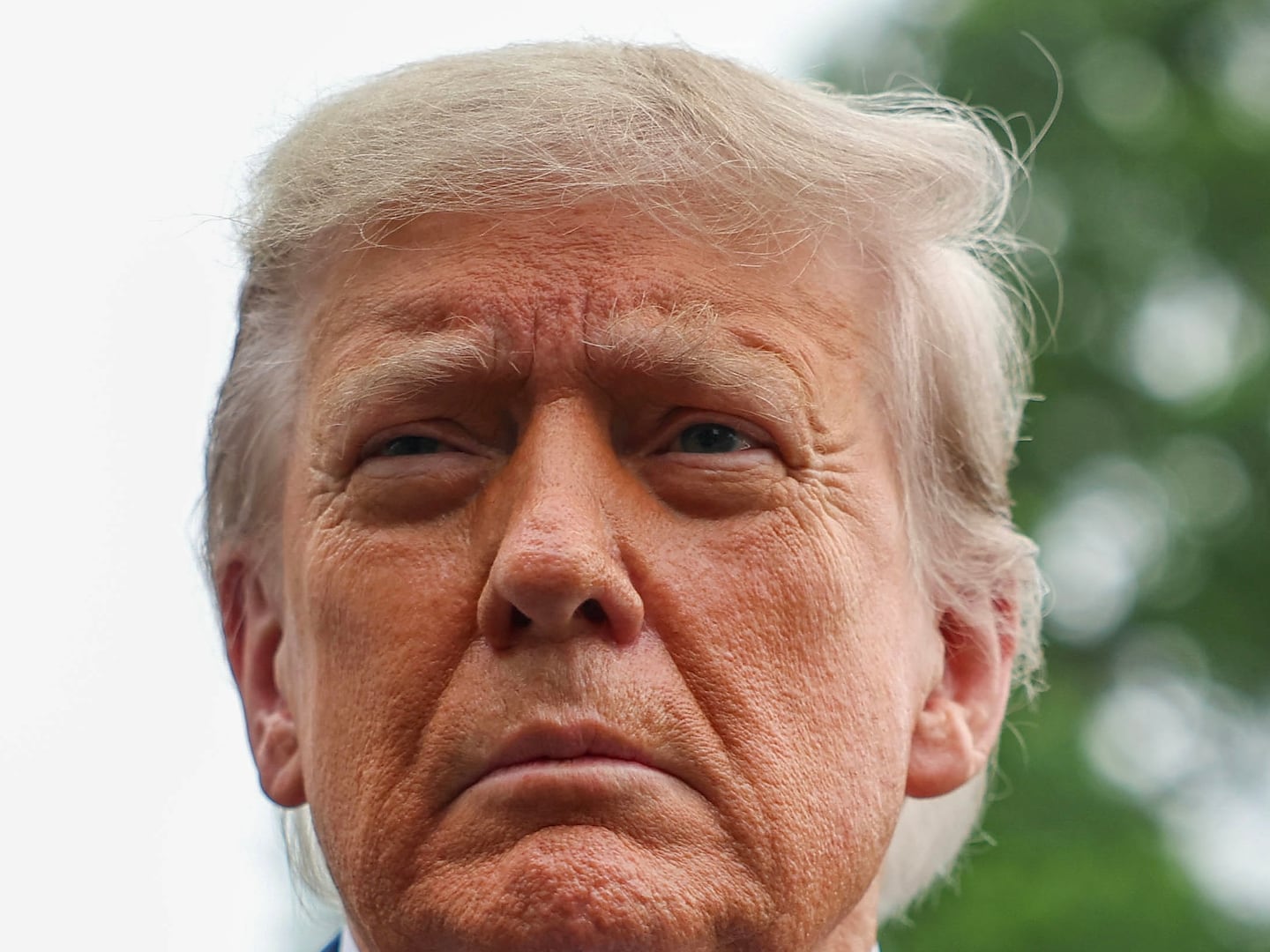Beginning with Harry Truman’s inaugural, in 1949, Charlie Brotman has been at the microphone as the official voice of every presidential parade.
Until Thursday morning, the gregarious, loquacious 89-year-old hoped and planned to be back atop his glass-enclosed perch across the street from the White House doing his voluntary job for the 45th president, Donald Trump.
But his lengthy career came to an abrupt halt when he received a thanks-but-no-thanks email from the Presidential Inaugural Committee informing him that he had been replaced.
“Announcer Chairman Emeritus” was to be his new title. He’ll get a prime seat in one of the fancier bleachers, and some sort of yet-to-be-revealed honor.
The committee attempted to soften the blow by labeling him “a Washington Institution and a National Treasure.”
It was Brotman’s worst nightmare.
“I was fired. I was destroyed the moment I read that,” he said in an emotional telephone interview from his home in suburban Maryland. “I am heartbroken. I am the only person in the world to do that job for more than 60 years and now they found someone younger. I hope he knows what he’s getting into. There’s a lot more to it than just reading a script.”
His successor, Steve Ray, 56, was a volunteer in the Trump campaign and is a freelance broadcaster and audio engineer.
Brotman described his former job as being “the eyes and ears of the president. He can’t see what’s coming up the parade route. I can and I tell him.”
He also excelled in the roles of kibitzer and entertainer extraordinaire. He became adept at filling up downtime between floats and bands with trivia questions, jokes, and historical tidbits.
When was the first inaugural parade? James Madison 1809, he told the crowd.
During one frigid winter parade, he suggested spectators do the wave. Almost everyone nearby joined in.
When he recovered from the initial shock, Brotman phoned the Presidential Committee in an effort to understand why they decided to find a new voice. He got the proverbial runaround.
Each person he spoke to passed him on to someone else. Each one said they would look into it and call him back. “Everyone seemed very nervous. No one ever answered my question,” he said.
“It’s ageism,” he noted ruefully. “Maybe they’re afraid I might drop dead at the mic,” he speculated.
A native Washingtonian, Brotman was 22 and a student at the National Academy of Broadcasters when, because of his upbeat manner and mellifluous voice, he was picked along with other classmates to broadcast the first nationally televised inaugural.
The weather was foul. He sat for hours in an open booth, but he was hooked.
“It’s such an honor,” he said. “I was the luckiest guy in the world. It’s like the first time every time.”
Brotman launched a career in broadcasting, working for a variety of sports teams.
He founded a successful public-relations firm, where he still consults, and became a popular Washington figure.
In 1956, President Dwight D. Eisenhower, whom Brotman had met at a ball game, dubbed him the official President’s Announcer, a title he proudly displayed until Thursday morning when his world seemed to crumble.
“I was truly disappointed,” he confesses. “But I’m optimistic. I can bounce back,” he adds with brio.
Over the years, he has learned that the president’s personality dictates what the parade will be like.
“If it’s an Eisenhower or a Carter, it’s conservative. Somebody like Reagan and Kennedy—they brought in half of Hollywood, it was showbiz, entertainment, top hat.
Reagan and Clinton remain at the top of his list. “They were the most outgoing personalities,” he observes.
Brotman’s dismissal has generated a brouhaha among Washington insiders.
Print, digital, radio and TV stations are vying for interviews and clamoring for his attention.
“I have a whole bunch of opportunities,” he says, his voice brightening noticeably. “Lots of offers, but I haven’t accepted anything yet. I’m an ordinary guy in an extraordinary situation. Watch out world—I may become a star; a real commercial success.”






